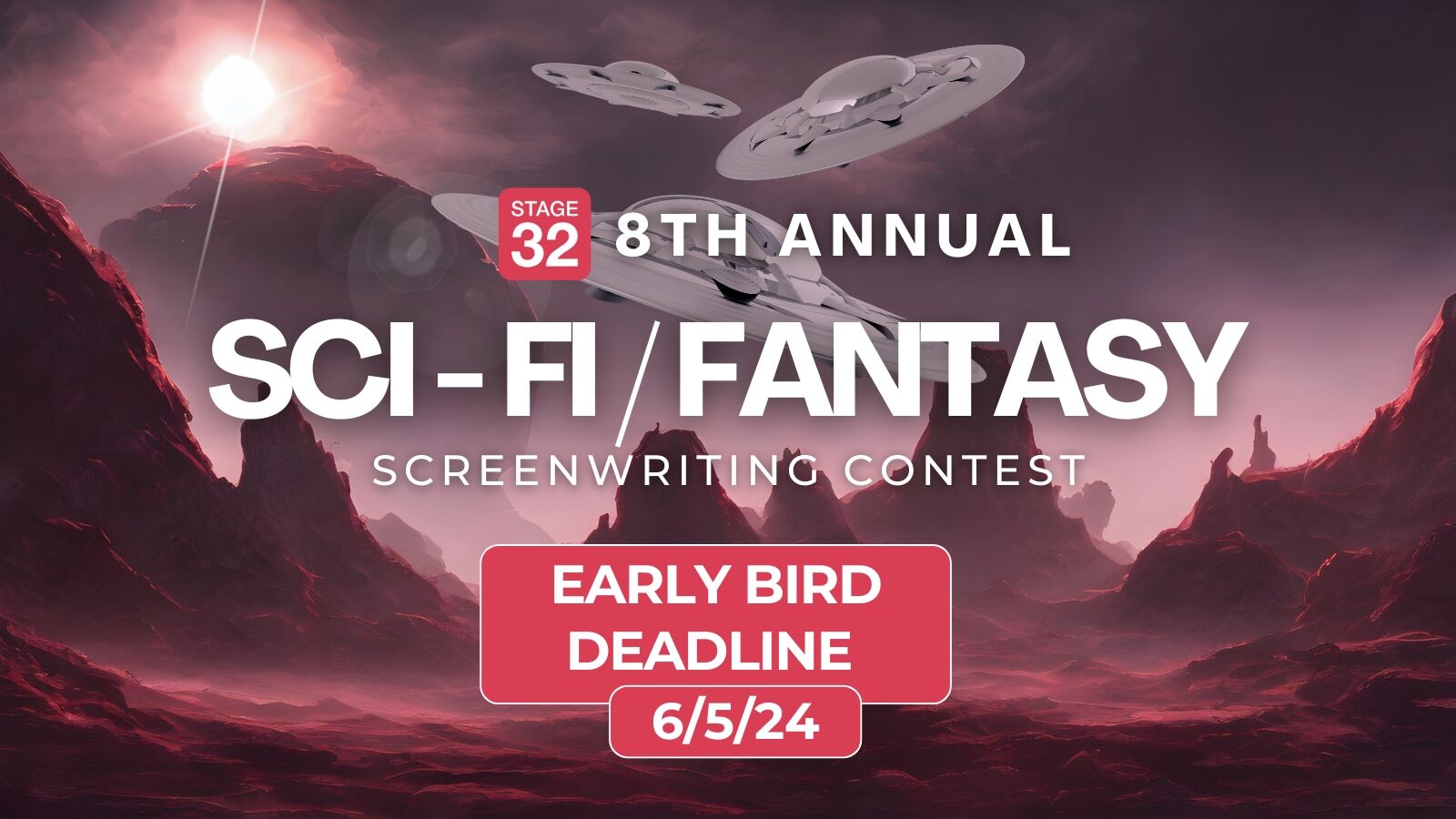Advice when defining your story "bad guy" - I have read numerous scripts over the past year where, although the villain epitomized evil, their actions were not justified. They appeared to be evil for the sole reason of having a bad guy in the story. Just something to consider, but the best "bad guys" ever were usually doing something they personally believed very strongly about and did not set out to be intentionally evil. This gave them depth and more interest to the story. Here is a comical, yet "mostly" true link to help illustrate this point. **SOME EXAMPLES HERE ARE MUCH BETTER THAN OTHERS http://www.ebaumsworld.com/pictures/view/84319228/ Just something to consider.




There are two different architypal presentations of "the villain" in movies, and both are appropriate for different stories. The kind that you are righty wary of is what I would call a medieval aesthetic that pits good against evil as though they exist in separate worlds, writers portraying different characters as signifying one or the other moral universe. Modern screenwriting would cast this type of villain as an antagonist or a foil character. And this type of villain is also the way to go when writing comedies. This sense that things are the way they are no matter the situation or happenstance is the very core of a comic character, and modern minds can't get on board the strict metaphysics of such characterization unless it's to laugh at. The other kind is the modern villain, aka the anti-hero. The Hero is the Villain because no one person is all good or all evil; we are defined by our actions that are contingent on circumstances beyond any one person or social institution no matter how big or how small can control; i.e. protagonists are there own villains.
Funny and well said at the same time. I came across a short story recently that I like very much and want to develop. This really helped me think through about what drew me to it, (It flips the script.) Now I can approach the author with my "take." Thanks for sharing!
1 person likes this
The villain is the hero if the story is told from their point of view.
love this conversation...I've always loved villains and believe they Make the story. We are all half-villain aren't we? It is the situation that makes us heroes or villains............................. and the situation is in our hands as writers!
It is definitely a tricky issue. If you explain too much about the villains, you might elicit too much sympathy for them! But it is good to see some sort of motivation. I was recently having a discussion with friends about the White Witch in "The Lion, the Witch, and the Wardrobe", and how evil she is without any clear motivation. She's constantly exerting cruelty right and left, but never seems to enjoy a moment of it. Now that was (sort of) a children's book, so maybe evil just needed to be straight-up evil, but it did strike me, as an adult, that I would like to know at least a LITTLE bit of the motivation. But not too much! You need to find the balance--explain without eliciting sympathy. If they are really the villains in the story, the audience should be rooting against them. If you write a complex character with good and bad qualities, then that is a fully believable character, but I would not call that character a villain.
I did see in one movie a scene where a child asked an adult, "Am I a bad person?" The adult said, "there are no bad people--only bad actions." This is great advice for the real world, and for scripts with realistic people, but if you really want somebody for the audience to root against, make them bad!